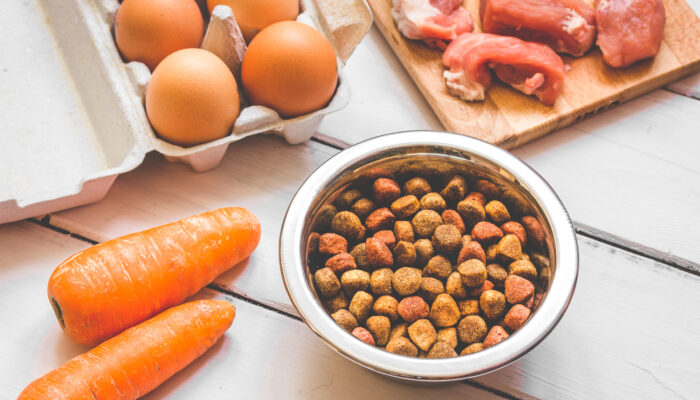
5 Foods to Avoid with Asthma
It is health that is real wealth and not pieces of gold or silver. Before healing others, heal yourself. Asthma is a respiratory condition that causes inflammation of bronchial tubes in the respiratory tract. The airways inflammation ensues in their narrowing and hence the difficulty in breathing and wheezing. Illnesses such as flu and pneumonia and allergens such as mold, pollen and animal dander, smoking tobacco, air pollution, extreme emotions, severe weather conditions, and irritants such as strong scents and perfumes are all triggers of asthma.
Symptoms of dyspnea, chest pains (Angina), severe coughing, anxiety, restlessness, and wheezing while breathing often occur when exposed to asthma triggers. However, certain foods can also be asthma triggers, such as:
1. Milk
You need to shun milk if you have a food allergy or intolerance alongside asthma. Cow milk contains two proteins that yield the allergic reaction; Whey and Casein. Whey is the liquid residue of milk after curdles, while Casein is the substantial part that forms curdles.
Milk allergy causes anaphylaxis, which results in narrowing and blockage of the airways. Blocked airways yield to dyspnea and difficulty in breathing. Milk allergy also causes hay fever, pollen, and pet dander reaction. These pollen reactions are asthma triggers.
2. Eggs
Eggs are a rich source of Vitamin D. However; eggs can be lethal at asthma. People allergic to eggs often depict asthma signs. Eggs often cause hives, a skin reaction. Eggs contain a histamine compound that often causes asthma reactions. The histamine causes inflammation of bronchial tubes, thus narrowing them down. The narrow airways limit the oxygen supply to the lungs resulting in shortness of breath. A prolonged indulgence of eggs to the allergic people often yields to anaphylaxis.
3. Salt
Yes, that seasoning salt is terminal if you are asthmatic. We all know that Sodium is osmotically active. Salt retains a lot of fluids within the body cells, which result in inflammation. Sodium also contains inflammatory catalysts such as leukotrienes and cytokines, which contribute to anaphylaxis.
Remember, asthma narrows down the airways in the respiratory tract—high salt intake results in escalated blood volume in those constricted lung air links. The increased blood volume fills up the oxygen tract yielding to difficulty breathing. Shortness of breath is fatal to asthma patients.
4. Coffee
Excessive caffeine is toxic to asthma patients. Too much coffee causes nervousness, increased pulse rate, and difficulty in sleeping. Increased pulse rate means increased oxygen demand. For asthmatic people, the airways often constrict; hence oxygen is not optimally supplied to the heart. Oxygen deficiency in the heart yields to severe migraines, anaphylaxis as well as skin itchiness. On the flip side, caffeine is a bronchodilator, relaxing, and enlarging the bronchi for up to two hours.
5. Shellfish
The shellfish family (shrimps, crabs, lobsters) is rich in food preservatives. Sodium and potassium bisulfite, sodium sulfite, and potassium metabisulfite are significant triggers of asthma. Shellfish also cause food allergies. The shellfish allergy causes wheezing, hives, severe coughing, nervousness, and constricted bronchi. All these symptoms only aggravate asthma. The shellfish allergic reaction also yields to anaphylaxis, which is quite virulent.
A man with a cough cannot conceal himself. Shun these five foods if you have asthma. The allergies arising from the intake of these foods often aggravate the asthma fangs and can send you to the grave in a jiffy.



